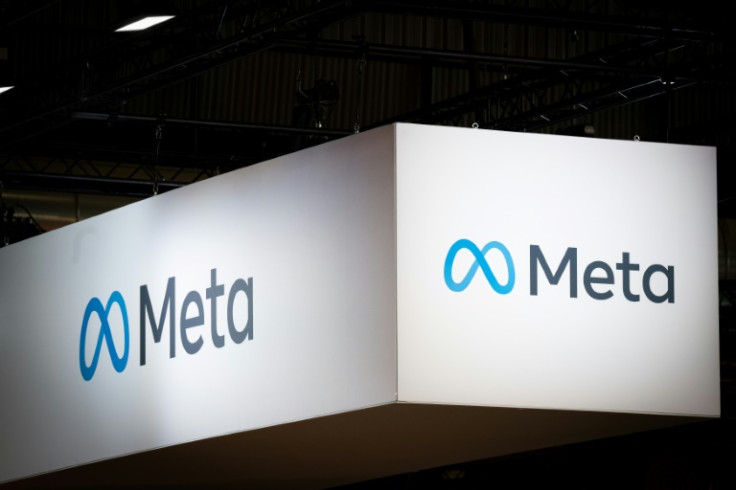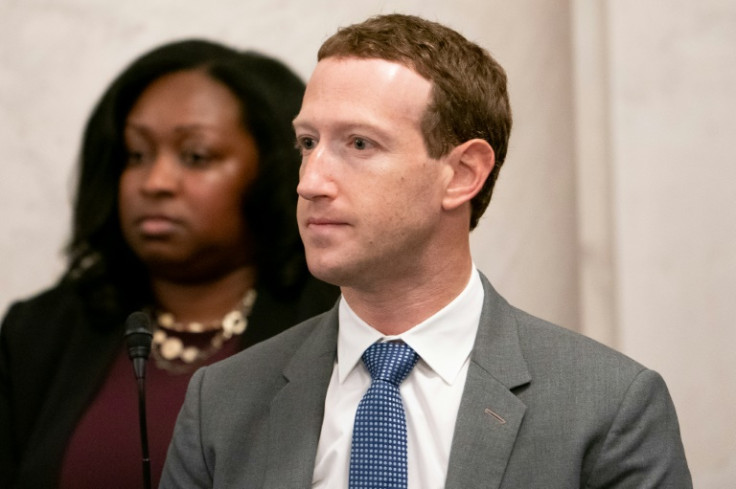Meta to Roll Out Generative AI for All Advertisers as Google Announced Assistant with Bard
The company first started testing these tools in May, giving access to a select group of advertisers in a "testing playground".

Meta, the multinational technology company formerly known as Facebook, has said it will start rolling out generative artificial intelligence (AI) tools for all advertisers.
These functions will be able to create content like image backgrounds and produce variations of written text.
The company first started testing these tools in May, giving access to a select group of advertisers in a "testing playground".
The new features will be available in Meta's Ads Manager when their official rollout is completed next year.
The announcement marks the Facebook and Instagram owner's first foray into bundling generative AI technology into its products for mining vast stores of past data to generate new content like prose, art and software code.
Generative AI is defined as applications typically built using foundation models. These models contain expansive artificial neural networks inspired by the billions of neurons connected in the human brain.
Foundation models are part of what is called deep learning, a term that alludes to the many deep layers within neural networks. Deep learning has powered many of the recent advances in AI, but the foundation models powering generative AI applications are a step-change evolution within deep learning.
This is because, unlike previous deep learning models, they can process extremely large and varied sets of unstructured data and perform more than one task.
In recent months, major tech companies have begun to venture into the world of generative AI.
Google launched its generative AI fight-back against OpenAI's ChatGPT in May. The company added AI text generation to its signature search engine, showed off an AI-customised version of the Android operating system, and offered up its own chatbot, Bard.
Yesterday, during the Made by Google event, where the company debuted new Pixel 8 and Pixel Watch 2 hardware, Google also announced it is launching Assistant with Bard, which leverages generative AI to provide personalised assistance to users.
The company says the new AI-enhanced assistant can do things like help plan your next trip, find details in your email inbox, and even create a grocery list.
Google followed the lead of Amazon, who, last month, announced its popular Alexa digital assistant was about to be supercharged with the powers of generative AI.
Amazon's popular Alexa digital assistant was gifted with the powers of this new technology, as the tech giant aimed to gain a foothold in the AI race currently dominated by ChatGPT, Google and Microsoft.
Voice assistants like Alexa or Apple's Siri are often designated as perfect candidates to have their sometimes glitchy and robot-like technology streamlined with the capabilities of generative AI.
Generative AI, such as that used in the ChatGPT chatbot, can deliver content as complex as a poem or scholarly essay in just seconds, and Amazon's goal is that Alexa could do that and even more with verbal commands from a user's living room or kitchen.
And now, it is Meta's turn.
This latest development comes after the company only recently introduced its own AI chatbots.
Although they're not yet publicly available for use, the global tech leader has developed variations of chatbots with different personalities and functions in a bid to improve user retention. Reportedly, the final prototypes will even be able to hold discussions with users at a human level.
Last week, the company said businesses will soon be able to use AI for business messaging on Messenger and WhatsApp to engage with customers.
Meta's current portfolio of AI products includes its language model "Llama 2" and an AI chatbot called Meta AI that can already generate text responses and photo-realistic images.

However, Mark Zuckerberg's company has faced financial difficulty of late.
It emerged this week that the company would be forced to lay off an unknown number of workers from its Reality Labs division, according to a Reuters report.
The business segment – which is focusing on the development of the tech company's metaverse – has about 600 employees and is expected to make most cuts from the chip-making unit.
This follows reports of significant losses that the company has suffered over the past year.
Meta reported 3.7 billion dollars in operating loss in the last quarter, as well as 21.3 billion in losses since the beginning of the year.
It may come as no surprise then, that the technology conglomerate has turned its attention to generative AI.
According to reports, this latest iteration of AI technology is poised to "unleash the next wave of productivity".
McKinsey & Company, a global management consulting firm, released a document outlining the potential for generative AI to transform the global economy.
They estimated that the impact of such technology on the global economy could amount to "trillions of dollars".
According to the report, generative AI could add the equivalent of 2.6 trillion to 4.4 trillion dollars annually across the 63 use cases analysed by McKinsey – by comparison, the United Kingdom's entire GDP in 2021 was 3.1 trillion dollars
In another attempt to increase profits, Meta recently proposed to offer European users a subscription-based version of Instagram and Facebook if they would rather not be tracked.
© Copyright IBTimes 2025. All rights reserved.






















